The Psychology of Intelligence Analysis
By Richard Heuer
Category
PsychologyRecommended by
"The Psychology of Intelligence Analysis" by Richard Heuer is a highly regarded guide that delves into the complex world of intelligence analysis. Heuer, an expert in the field, presents a comprehensive exploration of the psychological factors that influence intelligence analysts and their decision-making processes.
Drawing upon research from various disciplines, Heuer skillfully navigates through the numerous cognitive biases and limitations that hinder accurate intelligence analysis. He offers practical techniques and strategies to mitigate these biases and enhance analytical performance.
With a focus on critical thinking, Heuer emphasizes the need for analysts to question their assumptions and challenge their own conclusions. By adopting a structured and systematic approach, analysts can reduce the impact of cognitive traps, such as confirmation bias and groupthink.
Heuer goes beyond theory and provides valuable insights on topics like the role of intuition in intelligence analysis, the importance of proper framing and reframing of problems, and the potential pitfalls of overconfidence. He encourages analysts to embrace uncertainty and develop the ability to communicate uncertainties effectively.
Throughout the book, Heuer reinforces the importance of continuous learning and adaptation in the ever-evolving world of intelligence analysis. He provides practical exercises and examples to illustrate his concepts, making this a valuable resource for both novice analysts and seasoned professionals.
"The Psychology of Intelligence Analysis" is a must-read for anyone involved in intelligence work or seeking a deeper understanding of the complexities involved in analyzing intelligence. Heuer's comprehensive exploration of the psychological aspects of intelligence analysis offers invaluable insights for improving analytical performance and decision-making in this dynamic field.
Drawing upon research from various disciplines, Heuer skillfully navigates through the numerous cognitive biases and limitations that hinder accurate intelligence analysis. He offers practical techniques and strategies to mitigate these biases and enhance analytical performance.
With a focus on critical thinking, Heuer emphasizes the need for analysts to question their assumptions and challenge their own conclusions. By adopting a structured and systematic approach, analysts can reduce the impact of cognitive traps, such as confirmation bias and groupthink.
Heuer goes beyond theory and provides valuable insights on topics like the role of intuition in intelligence analysis, the importance of proper framing and reframing of problems, and the potential pitfalls of overconfidence. He encourages analysts to embrace uncertainty and develop the ability to communicate uncertainties effectively.
Throughout the book, Heuer reinforces the importance of continuous learning and adaptation in the ever-evolving world of intelligence analysis. He provides practical exercises and examples to illustrate his concepts, making this a valuable resource for both novice analysts and seasoned professionals.
"The Psychology of Intelligence Analysis" is a must-read for anyone involved in intelligence work or seeking a deeper understanding of the complexities involved in analyzing intelligence. Heuer's comprehensive exploration of the psychological aspects of intelligence analysis offers invaluable insights for improving analytical performance and decision-making in this dynamic field.
Share This Book 📚
More Books in Psychology
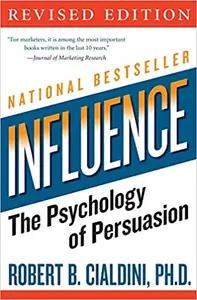
Influence
Robert Cialdini
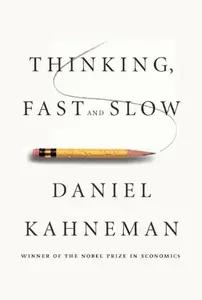
Thinking, Fast and Slow
Daniel Kahneman
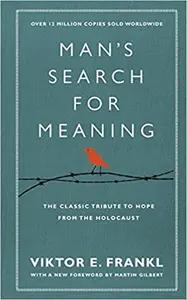
Man's Search for Meaning
Viktor Frankl
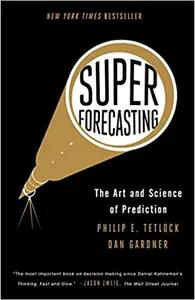
Superforecasting
Philip Tetlock
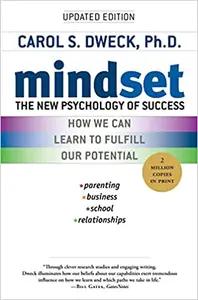
Mindset
Carol Dweck
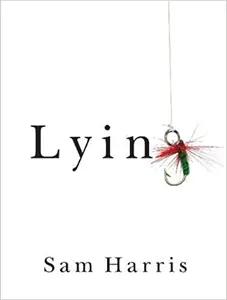
Lying
Sam Harris
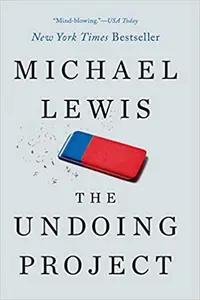
The Undoing Project
Michael Lewis

12 Rules For Life
Jordan B. Peterson
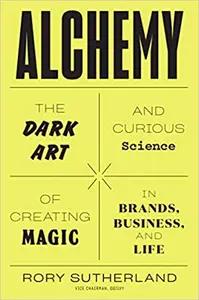
Alchemy
Rory Sutherland
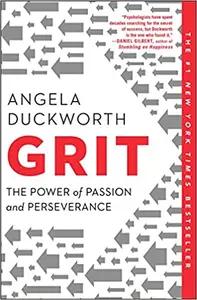
Grit
Angela Duckworth

Living With A SEAL
Jesse Itzler
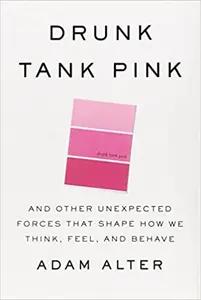
Drunk Tank Pink
Adam Alter
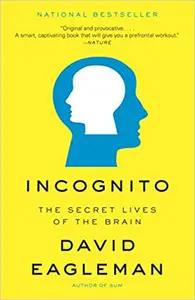
Incognito
David Eagleman
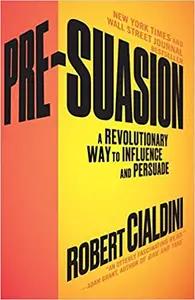
Pre-Suasion
Robert Cialdini
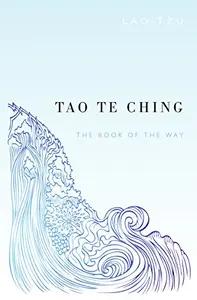
Tao Te Ching
Lao Tzu
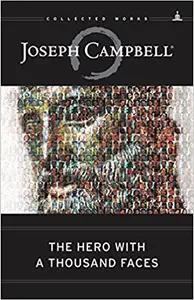
The Hero with a Thousand Faces
Joseph Campbell
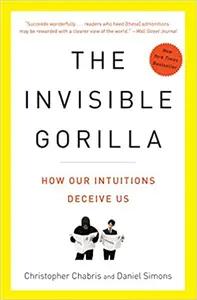
The Invisible Gorilla
Christopher Chabris
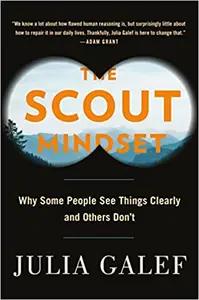
The Scout Mindset
Julia Galef
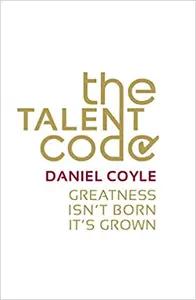
The Talent Code
Daniel Coyle
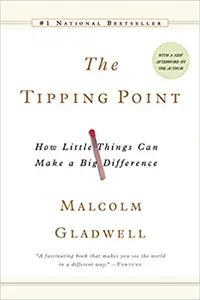
The Tipping Point
Malcolm Gladwell
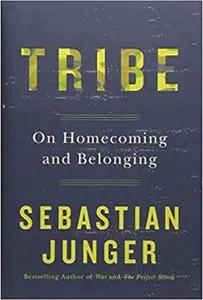
Tribe
Sebastian Junger
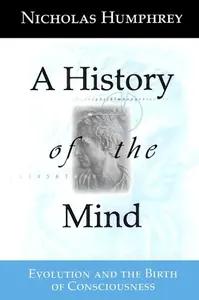
A History of the Mind
Nicholas Humphrey
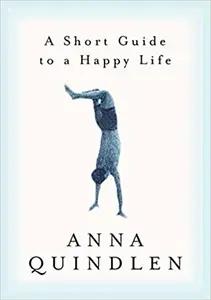
A Short Guide to a Happy Life
Anna Quindlen
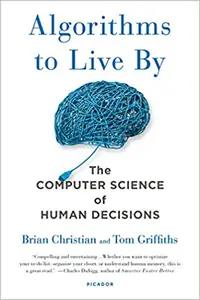
Algorithms to Live By
Brian Christian
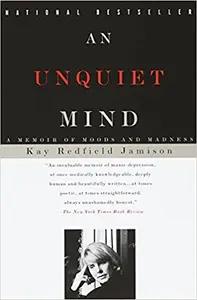
An Unquiet Mind
Kay Jamison
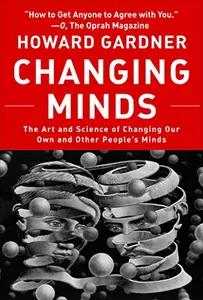
Changing Minds
Howard Gardner
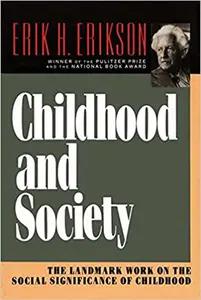
Childhood and Society
Erik Erikson
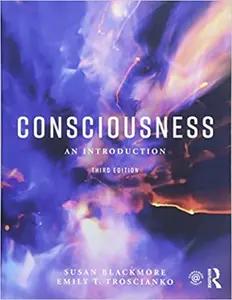
Consciousness
Susan Blackmore
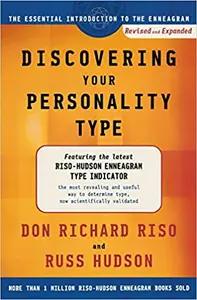
Discovering Your Personality Type
Don Richard Riso
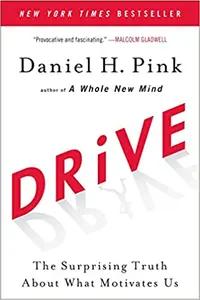
Drive
Daniel Pink
Popular Books Recommended by Great Minds 📚
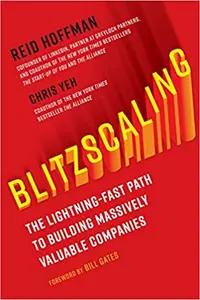
Blitzscaling
Reid Hoffman

Titan
Ron Chernow

Extreme Ownership
Jocko Willink
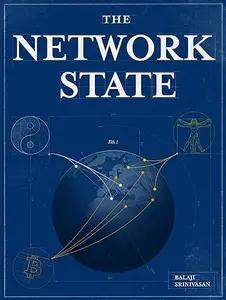
The Network State
Balaji Srinivasan
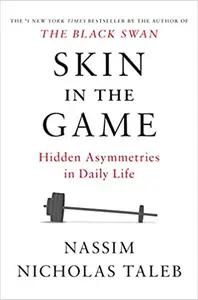
Skin In The Game
Nassim Taleb
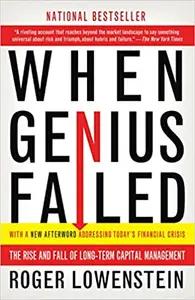
When Genius Failed
Roger Lowenstein
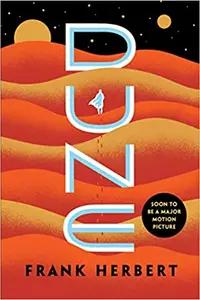
Dune
Frank Herbert
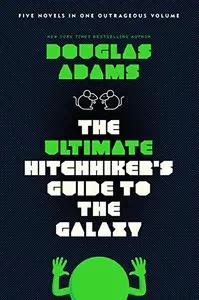
The Hitchhikers Guide to the Galaxy
Douglas Adams
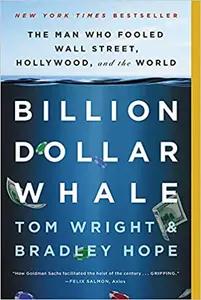
Billion Dollar Whale
Tom Wright
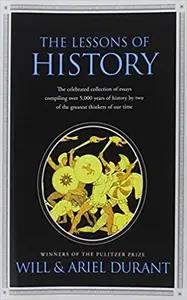
The Lessons of History
Will & Ariel Durant
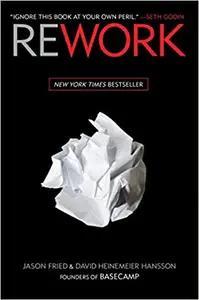
Rework
Jason Fried
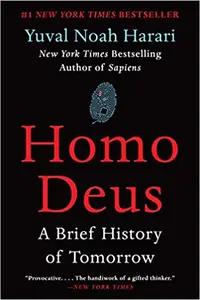
Homo Deus
Yuval Noah Harari
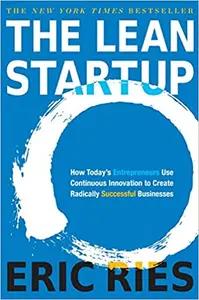
The Lean Startup
Eric Reis
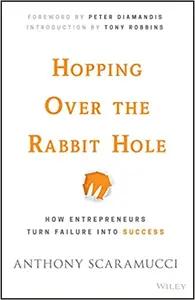
Hopping Over The Rabbit Hole
Anthony Scaramucci
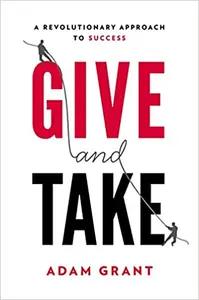
Give and Take
Adam Grant

The Bitcoin Standard
Saifedean Ammous
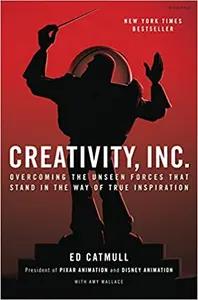
Creativity, Inc.
Ed Catmull
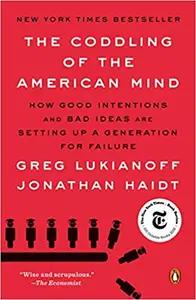
The Coddling of the American Mind
Greg Lukianoff & Jonathan Haidt
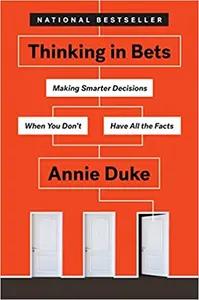
Thinking In Bets
Annie Duke
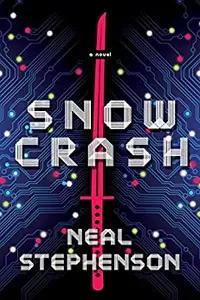
Snow Crash
Neal Stephenson
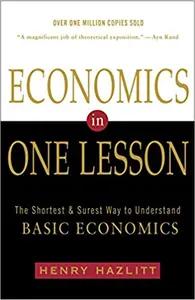
Economics in One Lesson
Henry Hazlitt

Guns, Germs, and Steel
Jared Diamond

Man's Search for Meaning
Viktor Frankl
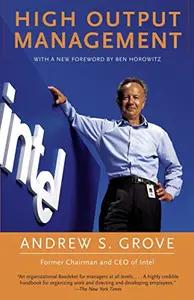
High Output Management
Andrew Grove

Lying
Sam Harris
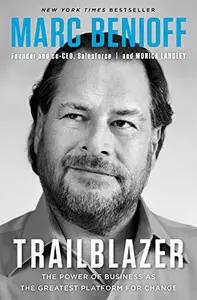
Trailblazer
Marc Benioff

Superforecasting
Philip Tetlock
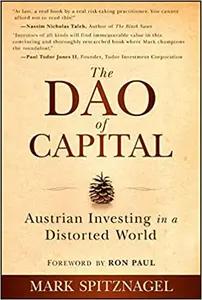
The Dao of Capital
Mark Spitznagel

The Intelligent Investor
Benjamin Graham

The Undoing Project
Michael Lewis
